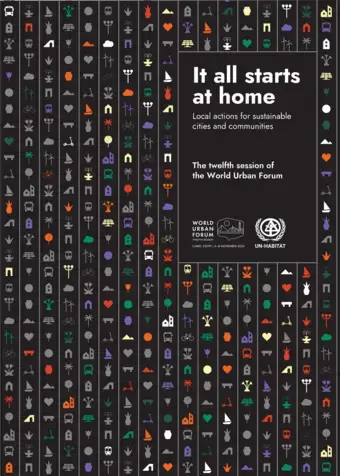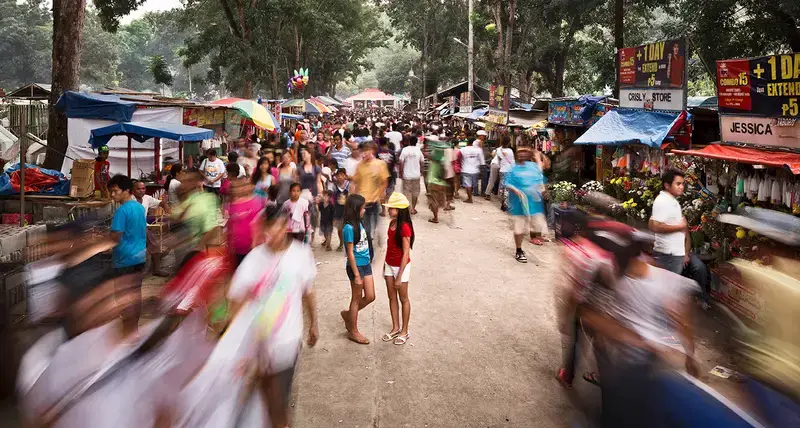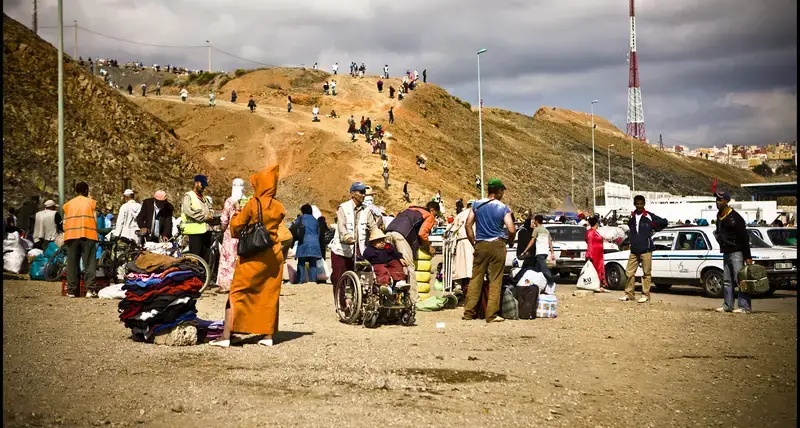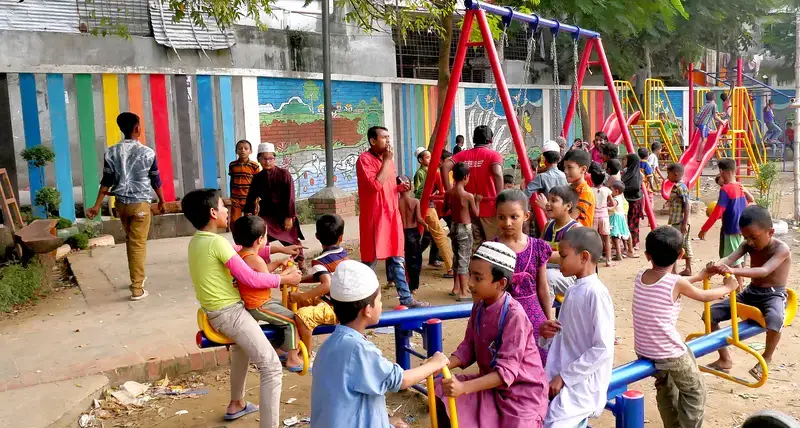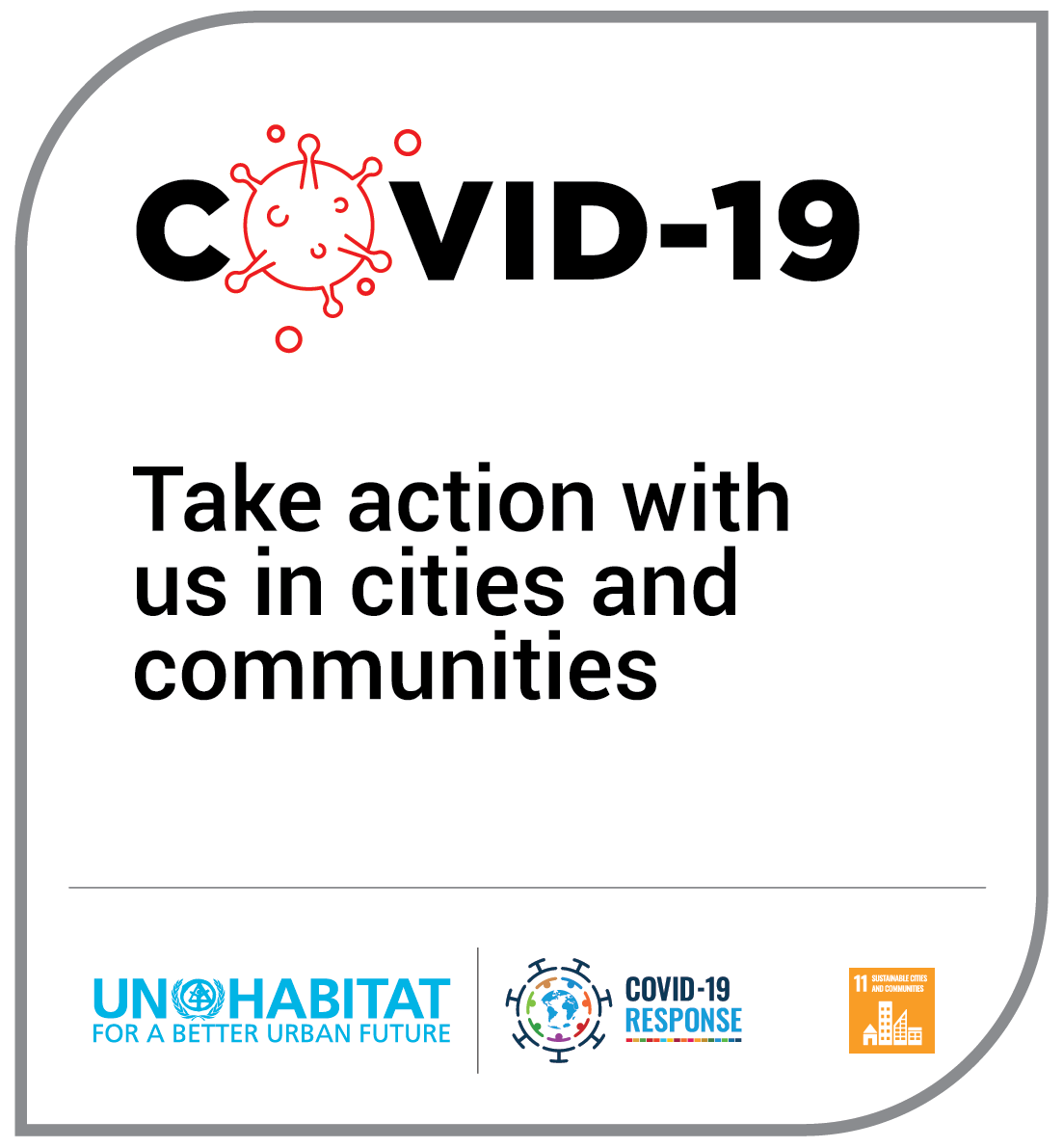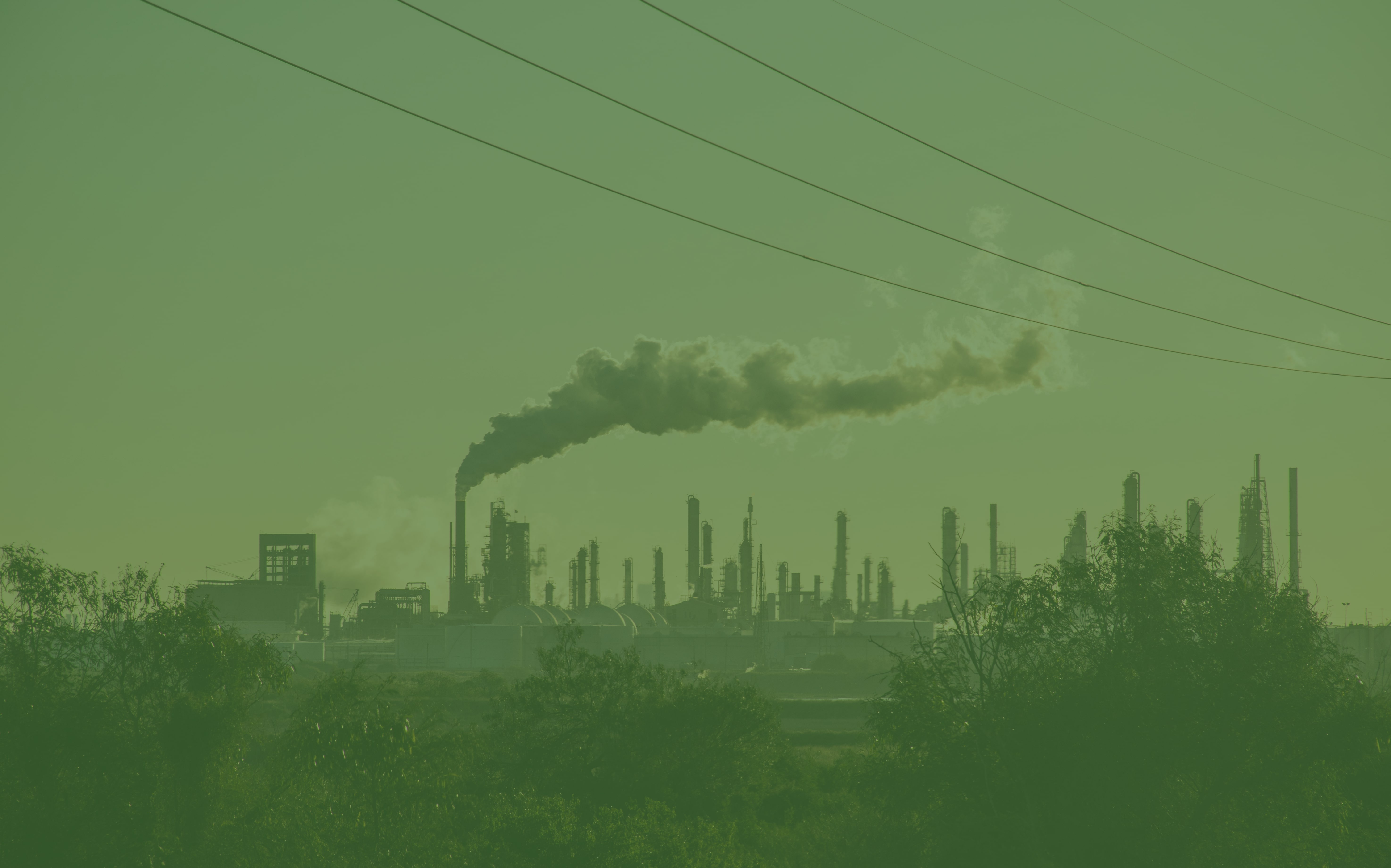Research and Publications
We publish research on the latest findings on sustainable urbanization.
Global Report
Urban Content in NDC 3.0 — A global snapshot for COP30
Global Report
WUF12 Report
Annual Report
Annual Report 2024
Technical Report
World Smart Cities Outlook 2024
Flagship Report
World Cities Report 2024: Cities and Climate Action
Global Report
Global State of National Urban Policy 2024
Our focus
Our focus
UN-Habitat promotes transformative change in cities and human settlements through knowledge, policy advice, technical assistance and collaborative action to leave no one and no place behind.
A new focus for UN-Habitat
Image

Reduced spatial inequality and poverty in communities across the urban-rural continuum
Image

Enhanced shared prosperity for cities and regions
Image

Strengthened climate action and improved urban environment
Image

Effective urban crises prevention and response







